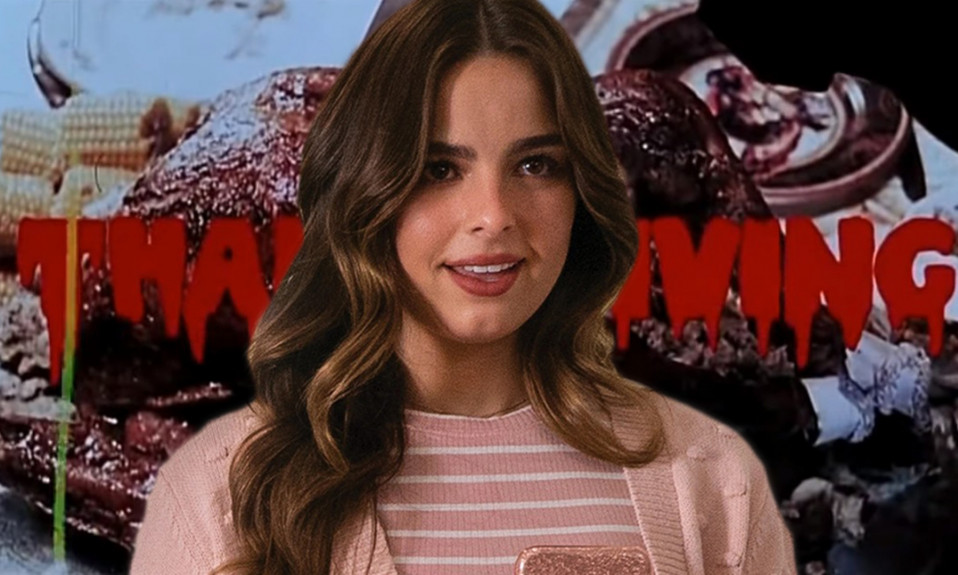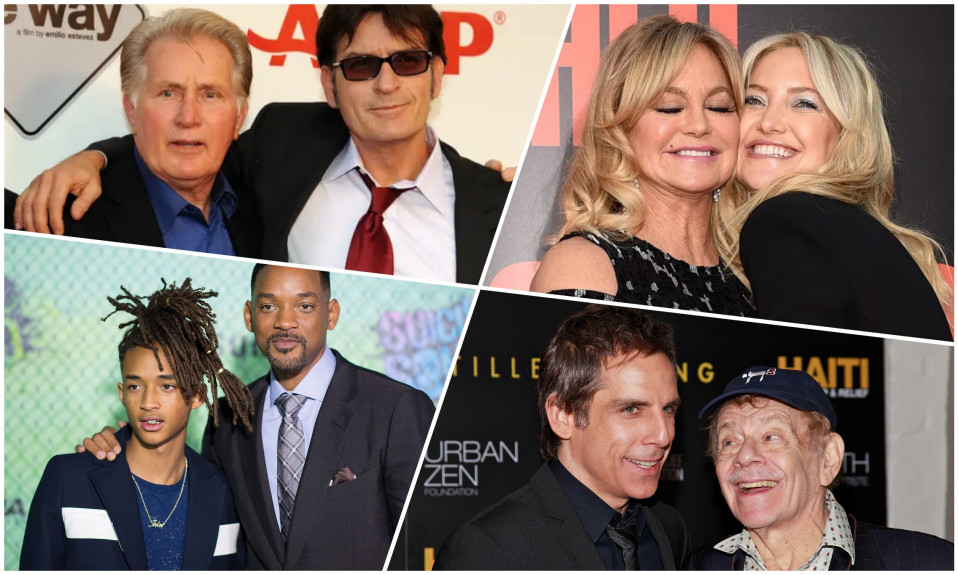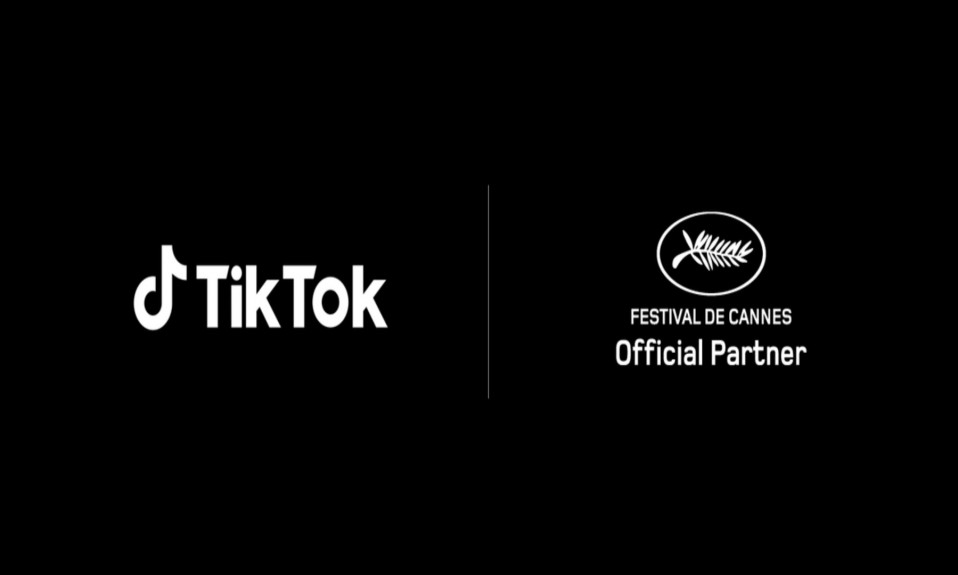With video creation and social media sites playing a huge role in the lives of millions more social media influencers/creators have begun to be seen in the film world.
Today we will look briefly at how media figures who started on applications like Vine, YouTube, TikTok, etc. began breaking into films. We will analyse why video creatives have begun to enter films. As well as how it could impact the industry’s future.
Influencers Come To Films
Films featuring well-known internet personalities have been around since at least the late 2000s. Films like Press Start: The Movie and Ryan and Sean’s Not So Excellent Adventure were made by YouTube creators as passion projects and extensions of their online personas. Then 2009’s Mystery Team and 2010’s Fred: The Movie became the first movies starring/directed by YouTubers to receive cinematic releases. While neither financially succeeded Fred: The Movie became the first part of a trilogy. Mystery Team marked the debut of many recognisable modern actors. Additionally, they both opened up the possibility for further movies to be released cinematically. Allowing them to capture audiences outside of their niche online fandom.
And as the years have progressed we have seen more influencers/creators from various platforms make their film debut as stars or directors. Vine stars like Liza Koshy and TikTok stars like Addison Rae have popped up in films as varied as Boo: A Madea Halloween, Transformers: Rise of the Beasts and Thanksgiving. Plus films like Talk To Me and Arctic have seen directors emerge who made their start on YouTube. The generation that has grown up with video creation and social media is now becoming part of the wider filmmaking industry.
The Power of Influence
So why have influencers become more prominent in filmmaking? The first explanation is that having a well-known online creator/influencer attached to a project works well from a marketing standpoint. Allowing marketers to automatically sell the project to the creator’s/influencer’s audience. While giving exposure for the creator/influencer to wider audiences that may not have heard of their content. Thus making their involvement a cynical marketing/self-promotion ploy.
However, it would be naive to assume that these moves are done purely for that reason. Many people have dreams of being part of the film industry and being a video creator/influencer helps to develop useful film industry skills (whether it’s screen presence, knowledge of how to use cameras, editing etc.). Essentially it allows creators to learn skills that could benefit a move to filmmaking/acting. This makes filmmaking/acting a natural progression for many influencers/creators.
And crucially as well as the above-mentioned skills these personalities have a unique relationship with their audience. Like film stars and celebrity directors, these creators/influencers use different platforms to amplify personalities/work that makes people interested to see what they do. That said, these figures can interact with fans in a more direct and personable way. They don’t have to make newspaper statements or television announcements they can just open their accounts and speak directly to their audience. Allowing them to have more of a feel of authenticity and relatability. Which makes it all the more intriguing to see what these influencers are doing. As these influencers aren’t Hollywood stars or high-profile creators, they are social media users like us. Or at least appear to be. Which can benefit marketers, the creatives and the audience’s sense of investment in a project.
The Future
With popular media sites like YouTube and video-sharing platforms like TikTok inspiring users to take up video making and content production, coupled with filmmaking institutions encouraging influencers to make films, we will likely see more figures begin to become part of mainstream filmmaking. Which could result in some much-needed variety in filmmaking and performance perspectives.
However, as I have stated previously many apps that allow influencers to gain prominence privilege certain voices over others. Limiting the possibilities for marginalised creators and showcasing eye-catching content over experimentation and sometimes overall quality. This means the potential for more diverse filmmaking and casting could be squandered for attention-grabbing headlines and self-serving self-promotion of popular figures. Will artistry trump marketing with this shift? Or is it likely to be a mixture of both?
Also Read: Behind the Name: The Origins and Reasons for Actors’ Stage Names













